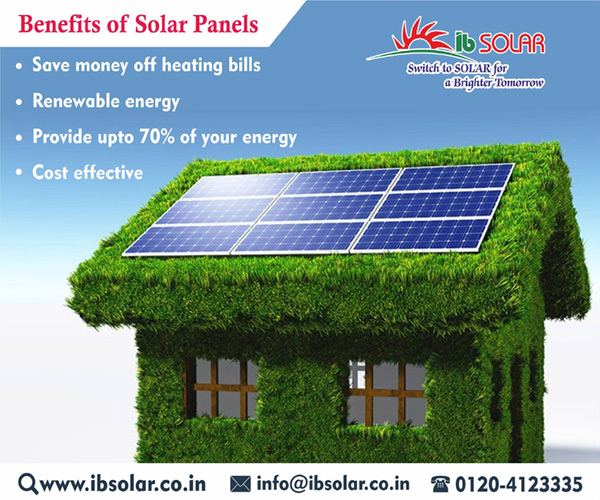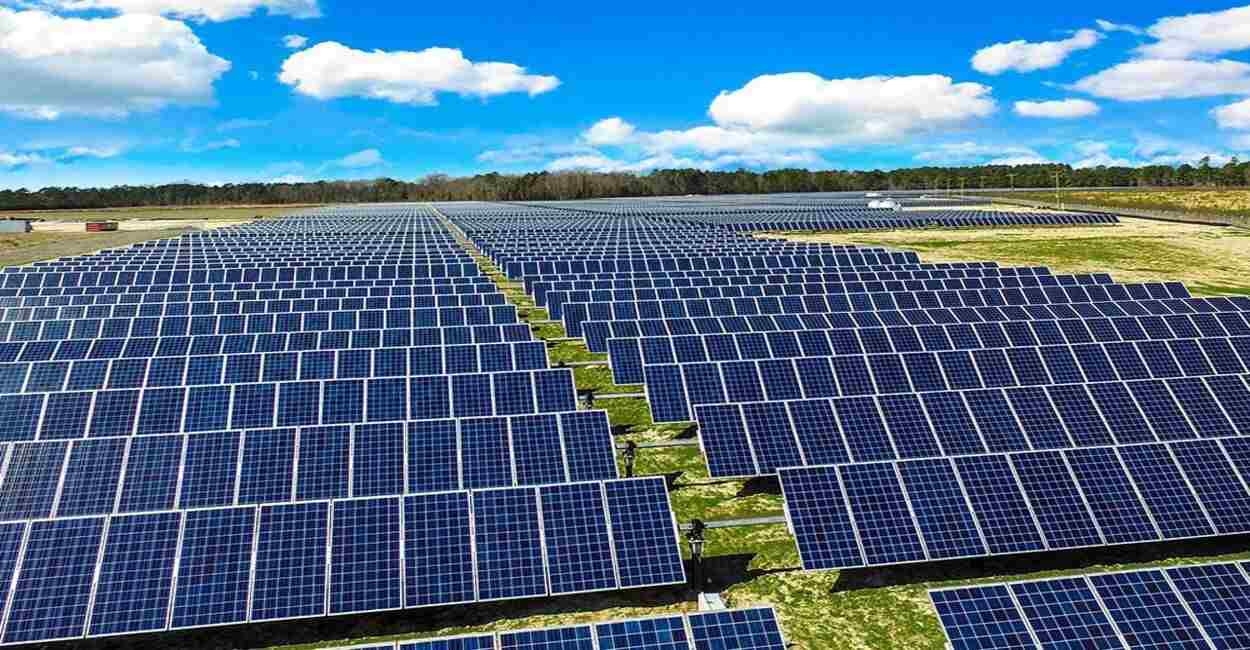Simply Solar Illinois: Solar Panel Professionals for High-Quality Energy Solutions
Simply Solar Illinois: Solar Panel Professionals for High-Quality Energy Solutions
Blog Article
How Solar Power Can Assist You Conserve Money and Lower Your Carbon Footprint
The integration of solar energy right into your power profile offers a compelling chance for both economic cost savings and ecological stewardship. By harnessing the sun's energy, house owners can dramatically reduce their monthly utility costs while likewise guarding versus the unpredictability of future energy expenses. The shift to solar contributes to a significant decline in carbon emissions, aligning personal money with broader environmental goals. As numerous government incentives come to be readily available, the question emerges: exactly how can one efficiently browse the initial financial investments and ongoing benefits of solar technology to make the most of both financial and ecological gains?
Comprehending Solar Power Financial Savings
While the transition to solar power typically includes a preliminary investment, understanding solar power savings is essential for property owners and organizations alike. Solar power systems can considerably reduce electrical power bills by harnessing the sun's energy, translating right into considerable long-term economic advantages. By generating their very own electrical energy, users minimize dependence on grid power, which goes through fluctuating costs. These financial savings can build up with time, frequently bring about a rapid return on investment.
Additionally, solar power systems may get different financial incentives, consisting of tax obligation credit histories and refunds, even more enhancing their cost-effectiveness. The schedule of internet metering enables users to market excess power back to the grid, producing an extra earnings stream. These factors add to the total financial savings linked with solar power.

In addition to route monetary cost savings, solar power supplies the added advantage of enhancing property value. Residences equipped with solar panels are commonly extra attractive to buyers, as they guarantee reduced energy expenses - Simply Solar Illinois. Recognizing these elements is necessary for any person considering solar energy, as it highlights not simply the possible financial gains, yet additionally the broader environmental and economic advantages of embracing sustainable power services
First Expenses vs. Long-Term Conveniences
When examining solar energy, it is very important to evaluate the first prices versus the long-term benefits. The upfront investment for solar panels, installation, and relevant equipment can be substantial, usually ranging from $15,000 to $30,000, depending upon the system dimension and home energy needs. This preliminary expense might discourage some home owners; nonetheless, it is essential to take into consideration the potential savings over time.
Once installed, solar power systems can considerably minimize and even get rid of month-to-month power expenses, causing significant lasting monetary advantages. Studies suggest that home owners can conserve anywhere from $10,000 to $30,000 over the life expectancy of their planetary system, normally 25 years. Additionally, several states provide rewards, tax credit reports, and rebates that can offset preliminary prices, making solar a lot more accessible.

Minimizing Your Carbon Footprint
Reducing your carbon footprint is a crucial consideration in today's environmentally mindful society, and adopting solar energy is one of one of the most efficient techniques to achieve this objective. Solar power is a clean, renewable source that significantly reduces reliance on nonrenewable fuel sources, which are significant factors to greenhouse gas emissions.

Additionally, the prevalent adoption of solar modern technology motivates the growth of eco-friendly jobs and supports innovations in energy storage and performance. The more people and organizations buy solar power, the higher the cumulative reduction in carbon emissions, promoting a cleaner atmosphere for future generations.
Federal Government Incentives and Discounts
Adopting solar energy not only profits the environment yet can also bring about considerable economic savings, specifically with the accessibility of government motivations and refunds. Various federal, state, and neighborhood programs are developed to encourage homeowners and businesses to invest in solar power systems, making the shift more cost effective.
One of one of the most famous rewards is the Federal Financial Investment Tax Obligation Credit (ITC), which enables planetary system owners to subtract a substantial Learn More percent of the installation expenses from their government tax obligations. This incentive has been essential in reducing the in advance costs connected with solar power systems. Additionally, several states use their very own tax obligation credit scores, grants, and refunds that can better improve financial savings.
In addition, some neighborhood federal governments give property tax obligation exceptions for solar installations, making sure that house owners do not face enhanced real estate tax as an outcome of their renewable resource financial investments. Utility firms might likewise use motivations, including internet metering and feed-in tariffs, which permit solar power customers to offer excess power back to the grid.
Selecting the Right Planetary System
Picking the appropriate solar system is essential for optimizing power performance and financial benefits. The decision hinges on a number of variables, consisting of energy needs, budget plan, and offered area. Homeowners need to begin by analyzing their electrical energy intake to figure out the system size required for optimal efficiency.
Next, think about the different kinds of solar modern technologies readily available. Simply Solar Illinois. Solar (PV) panels are the most usual, transforming sunlight directly right into electrical energy, while solar thermal systems focus on heating water. Each kind has unique advantages depending on specific requirements
Spending plan considerations are also extremely important. First setup prices can differ significantly, so it is necessary to compare quotes from multiple companies and explore funding choices. Federal government incentives and discounts can further lower the financial concern, making planetary systems more available.
Verdict
In summary, solar energy offers a viable option for attaining substantial price financial savings while simultaneously reducing carbon exhausts. The preliminary investment, though considerable, returns substantial long-lasting monetary benefits, with potential savings varying from $10,000 to $30,000 over 25 years. The environmental advantages of solar power contribute to lasting methods vital for combating environment modification. Federal government incentives boost the feasibility of solar innovation fostering, encouraging a shift in the direction of a cleaner, more economically reliable energy source.
Report this page